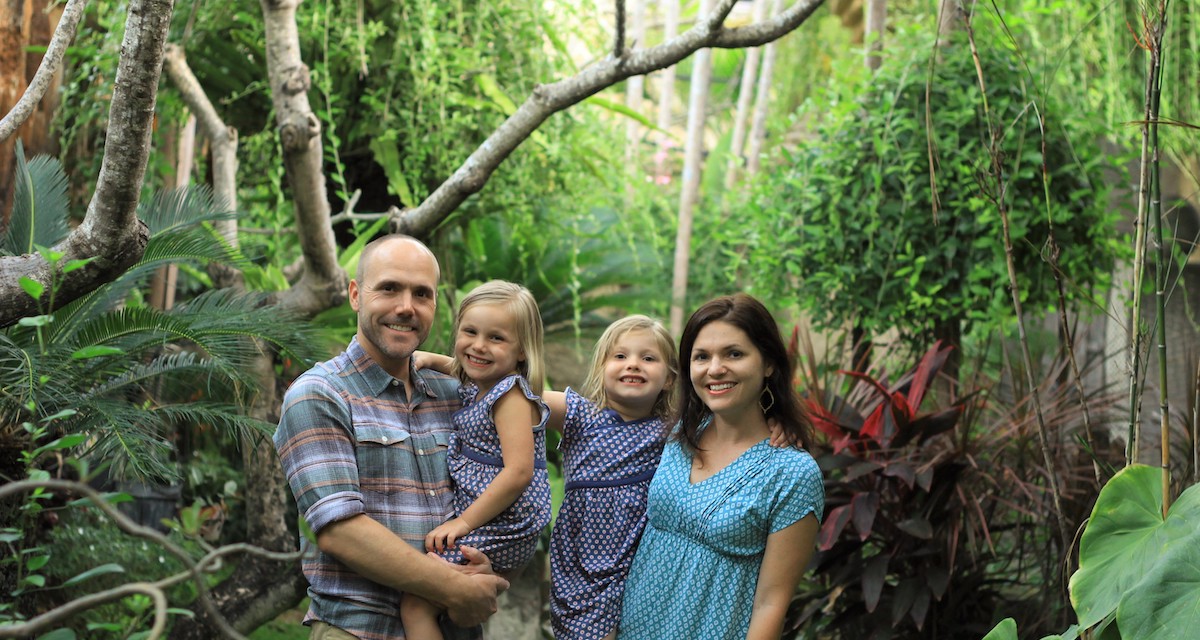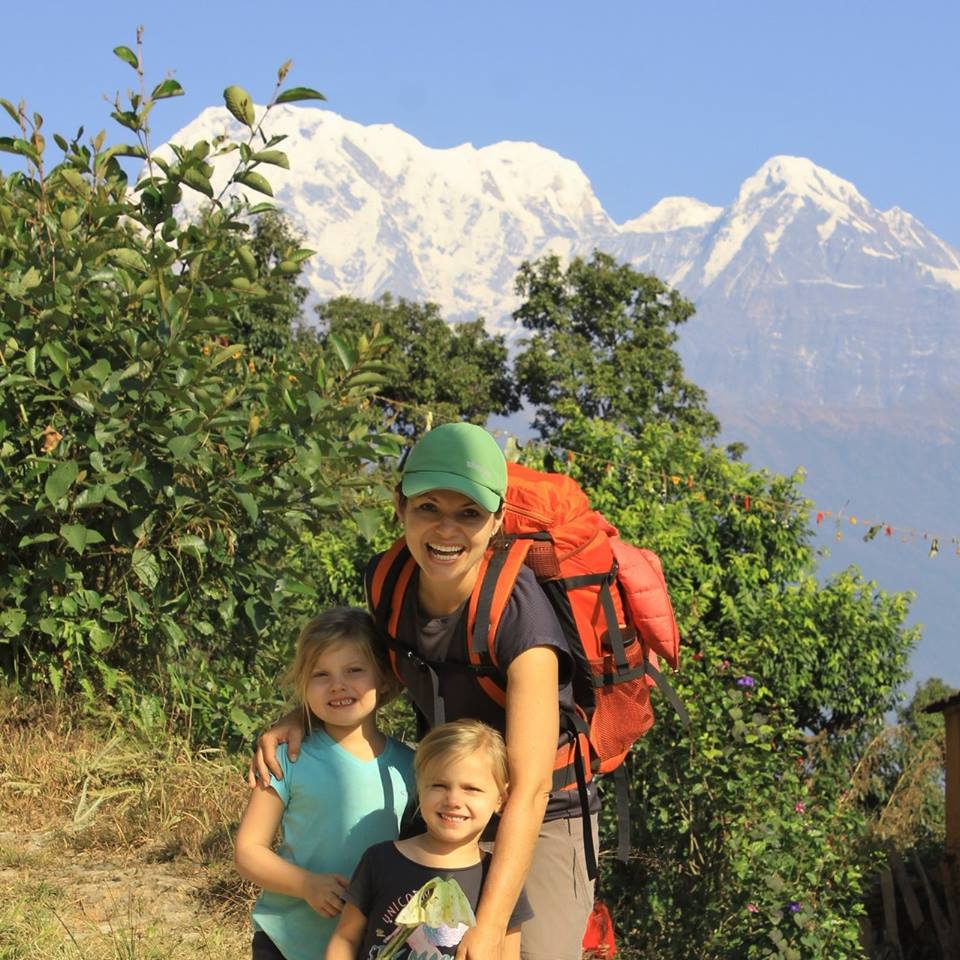Making Space for Serendipity
A version of this article appears in the spring 2019 issue of STILLPOINT magazine under the title “Vocation as: leaning into uncertainty.”
Sometimes it’s that chance encounter—with the Uber driver, airplane passenger or person who appears out of nowhere with a set of jumper cables when a car battery dies—that, like a railway switch, sends us off in a newfangled direction. For Daphne Hollinger Fowler ’03 that newfangled direction was Nepal, and that stranger was a nurse she met at a refugee camp in Hungary while trying her hand at medical missions the summer after her first year of college. As an experienced medical missionary, the nurse had served in hospitals all over the world and had many stories to tell.
“I only talked to her that one week 19 years ago,” says Daphne, “but her stories about Nepal really captivated me for some reason.”
That serendipitous encounter led Daphne to study abroad in Nepal during her final semester at Gordon and later move to Nepal with her husband and two young daughters. It’s been two years since the Fowlers left Atlanta, Georgia, for the ancient metropolis of Kathmandu—what Daphne calls a city of extremes and sensory overload.
She describes the old temples, the ringing sound of brass bells, the bustle of rickshaws and the vivid colors of sarees and prayer flags. She explains, in the same instant, you can breathe in incense and step onto a cow pie, or look up from a river full of trash to catch a glimpse of the Himalayas (on a rare smog-less day).
The ancient city, says Daphne, is unpredictable too. Roads often close down without warning or detour signs. Schools and public transport shut down at a moment’s notice during political strikes. So, why live in a place where it’s the norm to don a smog mask or sit in traffic while a sacred cow blocks the street?
“I don’t feel like God said, ‘Go to Nepal. This is where you have to be,’” says Daphne. “Nepal was compelling me for reasons I couldn’t fully explain.”
Now as Nepal’s country representative with the Mennonite Central Committee (MCC), Fowler spends her days enabling local Nepali NGOs to take care of their neighbors. They teach mothers how to make protein-rich flours to nourish their underweight, stunted or malnourished children; secure land titles and lease agreements for low-caste people groups who do not have the right to own land (for which they can use to produce their own food); and even train Nepalis to make earthquake resistant homes (after their houses were destroyed by the 7.8-magnitude earthquake that hit Nepal in 2015). But, what Daphne is most passionate about is MCC’s food security projects.
In recent years, Nepal has lost a lot of its forests in the Lesser Himalaya to deforestation, so there’s pressure for formerly semi-nomadic tribes (like the Chepang) to move out of the places that have been their home and source of food forcenturies. But because they are illiterate and among the lower castes of Nepal’s illegal yet culturally pervasive caste system, it’s hard for them to get land titles that make it possible for them to grow vegetables or raise farm animals.
Daphne and the local Nepali NGOs she assists work to help communities like the Chepang find ways to generate income, improve crop production, raise livestock and obtain land titles or lease agreements with local farmers.
Two decades ago, it was an encounter with a stranger that eventually led Daphne to Nepal. Now it’s strangers who are teaching her that in leaning into uncertainty you make room for serendipity.
“I’ve found that these moments—that can often feel uncomfortable to Americans who are used to filling time and space with constant conversation and plans—allow for a much greater depth of learning and observation. There is enough time to meet a stranger and hear their story, if I allow myself to lean into that sometimes-uncomfortable space.”
 The Bell
The Bell
